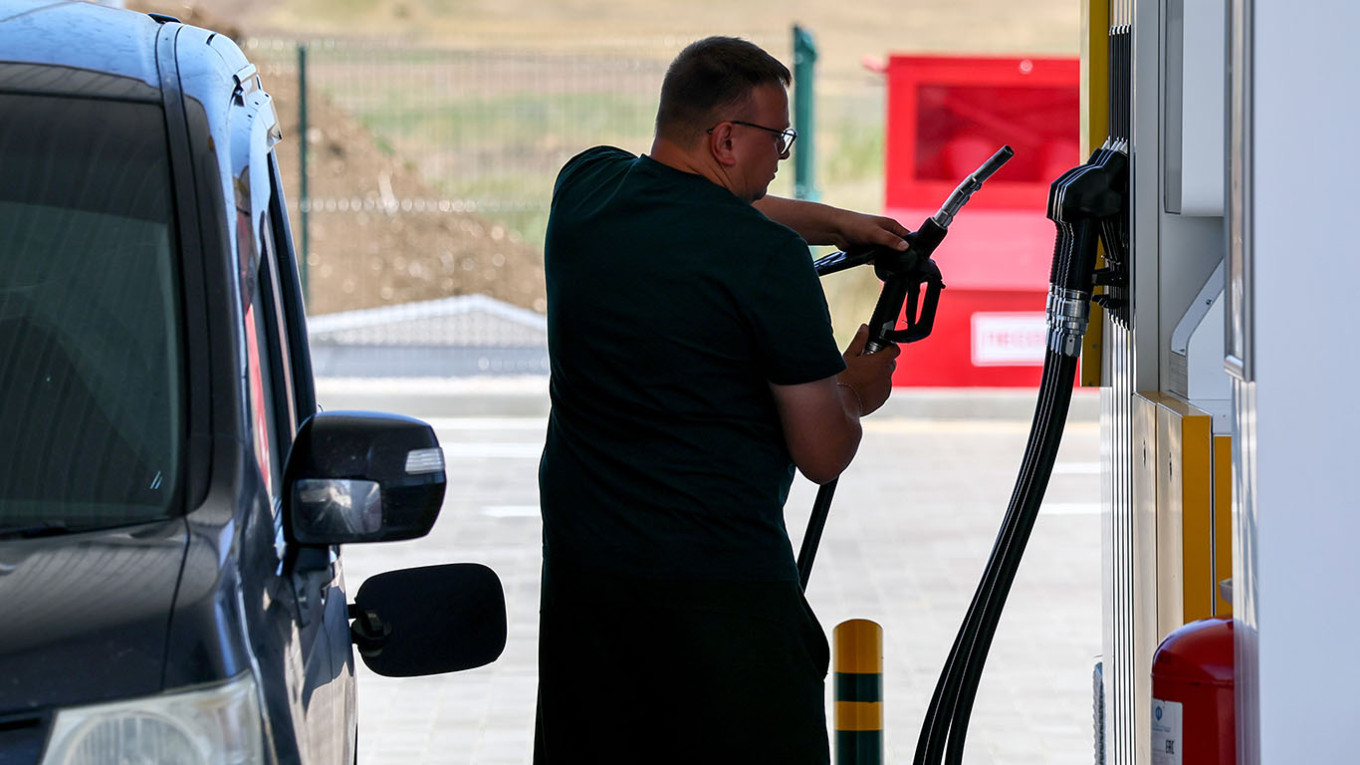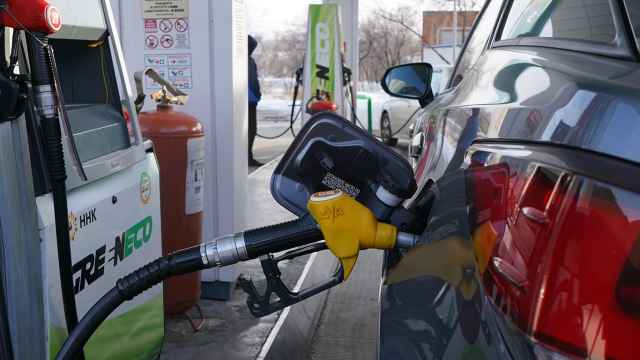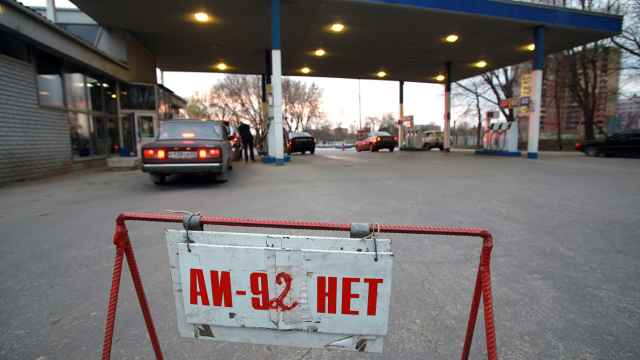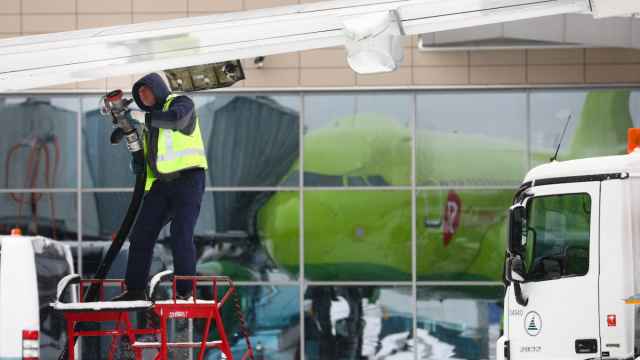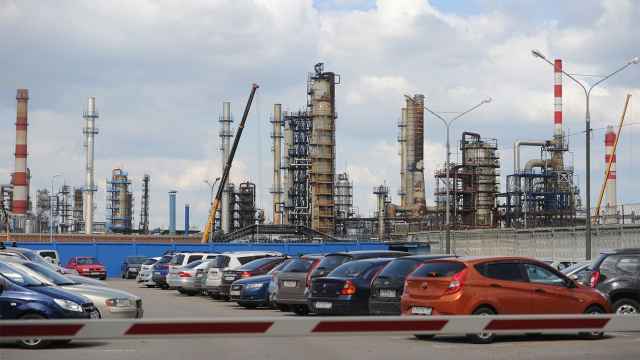Russia’s government plans to extend its ban on gasoline exports through the end of the year as shortages continue to hit the domestic market, Deputy Prime Minister Alexander Novak said on Thursday.
“In the near future, we will extend the ban on gasoline exports until the end of the year, and a ban on diesel fuel exports by non-producers will also be introduced until the end of the year,” Novak told state media, without specifying when an official announcement would be issued.
Wholesale gasoline prices in Russia have surged in recent months, driven largely by Ukrainian drone attacks that have damaged oil refineries and forced shutdowns at several major facilities. In response, the government introduced a temporary gasoline export ban in August and September to protect domestic supplies.
Novak acknowledged that shortages persisted in some regions, which he said were being “covered by accumulated reserves.” But he cautioned that “overall, the balance for both September and October is a difficult one.”
His announcement came as authorities in annexed Crimea said they were working to address fuel scarcities on the peninsula following reports that roughly half of its filling stations had run out of fuel.
Sergei Aksyonov, the Kremlin-backed head of Crimea, said in a video statement that some oil refineries were “physically not functioning,” contributing to the shortages.
“I’m asking Crimean residents and visitors to the peninsula to remain patient. This is an unavoidable situation being caused by objective factors,” Aksyonov said.
He promised that gas stations in Crimea would receive deliveries of AI-95 fuel, Russia’s standard grade of unleaded gasoline, within two days, and that supplies of the lower-octane AI-92 would be restored within two weeks.
On Thursday, the wholesale price of AI-92 reached a record high of 73,848 rubles ($888) per ton.
A Message from The Moscow Times:
Dear readers,
We are facing unprecedented challenges. Russia's Prosecutor General's Office has designated The Moscow Times as an "undesirable" organization, criminalizing our work and putting our staff at risk of prosecution. This follows our earlier unjust labeling as a "foreign agent."
These actions are direct attempts to silence independent journalism in Russia. The authorities claim our work "discredits the decisions of the Russian leadership." We see things differently: we strive to provide accurate, unbiased reporting on Russia.
We, the journalists of The Moscow Times, refuse to be silenced. But to continue our work, we need your help.
Your support, no matter how small, makes a world of difference. If you can, please support us monthly starting from just $2. It's quick to set up, and every contribution makes a significant impact.
By supporting The Moscow Times, you're defending open, independent journalism in the face of repression. Thank you for standing with us.
Remind me later.


